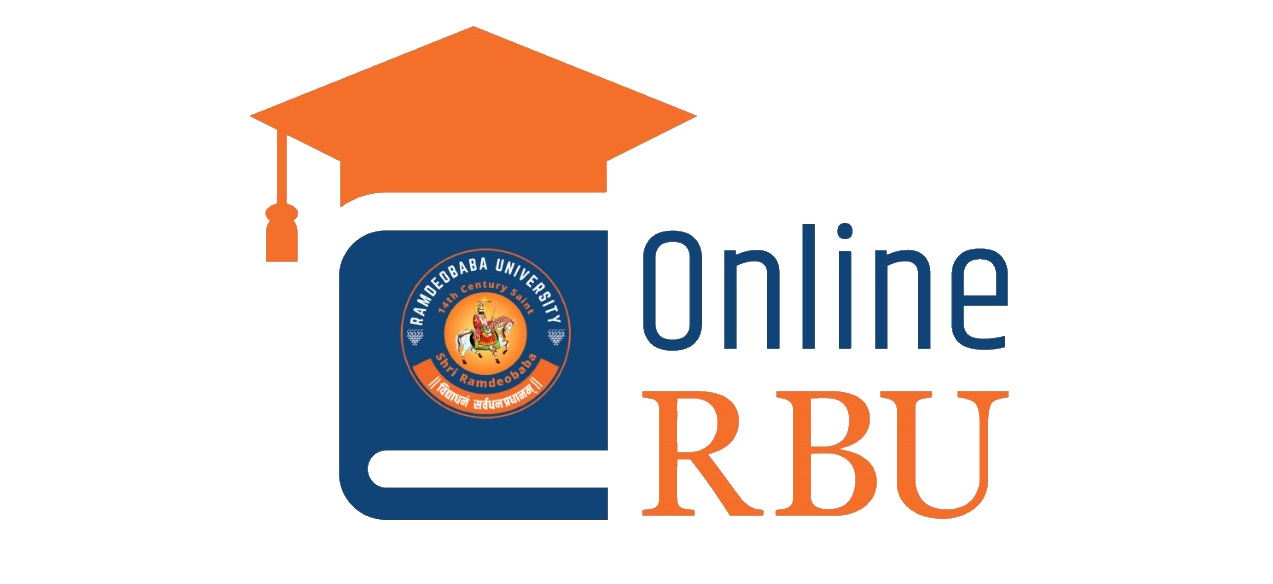Course Title:
Certificate Course in Full Stack Web Development
Course Description:
This certificate course covers the fundamentals of software development, focusing on web technologies and modern development practices. Participants will learn HTML, CSS, and JavaScript to build interactive web interfaces and deepen their JavaScript skills using React for dynamic UIs. The course also covers server-side development with Node.js, Express.js, and NoSQL databases. Participants will explore cloud-native principles, containerization, and micro services architecture, and gain practical knowledge in DevOps practices. By the end, learners will be equipped to integrate front-end and back-end technologies and develop full-stack web applications.
Course instructional level:
Intermediate
Course Duration:
6 Months
Hours: 150
Course coordinator:
Prof. Gunjan Keswani
Course coordinator's profile(s):
Prof. Gunjan Vinay Keswani is an Assistant Professor in Department of Computer Science & Engineering and Emerging Technologies. She has total experience of 13.5 years which includes teaching experience of 9.5 years and 4 years of industrial experience. She has MTech degree in Computer Science and Engineering and B.E. in Computer Technology from RTMNU. Her areas of expertise are in Natural Language Processing, Machine Learning and Big Data. She has published 6 research articles in Scopus indexed journals and ESCI journals. Her subject expertise is in C Programming, Object Oriented Programming, Data Structures, DBMS, Compiler Construction, Theory of Computation, Internet & Web Technologies, MEAN Stack, MERN Stack and Big Data Analysis.
Course Contents:
| Module/Topic name | Sub-topic | Duration |
| 1. Introduction to Software Engineering and Front-End Basics | 20 Hours | |
| 1a | Software engineering, Software Development Lifecycle (SDLC), and software development tools, technologies and stacks. | |
| 1b | Different types of programming languages and basic programming constructs such as loops and conditions using Python. | |
| 1c | Application architecture and design, patterns, and deployment architectures. | |
| 1d | Web Application Development Ecosystem and terminology like front-end developer, back-end, server-side, and full stack. Developer tools and integrated development environments (IDEs) used by web developers. | |
| 1e | Structure basic web pages using HTML and style them with CSS. Dynamic web pages with interactive features using JavaScript. | |
| 2. JavaScript Programming Essentials and Front-End Apps with React | 30 Hours | |
| 2a | Version control and its place in social and collaborative coding and in DevOps. | |
| 2b | Git concepts such as repositories and branches, pull requests (PRs) and merge operations, build portfolio | |
| 2c | JavaScript development concepts, list ES6 features, data structures, DOM, AJAX, and debugging techniques. | |
| 2d | Handling errors and exceptions, functions and events, apply string manipulation and error-handing techniques, and traverse the DOM. | |
| 2e | Functions, values, reference types, and strategies in promises and async/await. | |
| 2f | JavaScript functions, services, tools, and libraries and AJAX. | |
| 2g | Interactive user interfaces (UIs) and web applications using JavaScript technologies including React, JSX, and ES6. | |
| 2h | Dynamic front-end applications with reusable React components. | |
| 2i | React concepts and features, including props, states, hooks, forms, and Redux. | |
| 3. Back-End Apps and NoSQL | 30 Hours | |
| 3a | Node.js, JavaScript, third-party packages and frameworks, including Express, | |
| 3b | Asynchronous callback functions and promises to complete asynchronous operations, | |
| 3c | Cloud native applications concepts and methodologies, CNCF’s, CI/CD, | |
| 3d | Agile, and Scrum, DevOps culture, and its significance, differentiate between TDD and BDD, MongoDB, | |
| 3e | Zenhub to facilitate the Agile development process, MongoDB and CRUD operations, | |
| 4. Application Development using Microservices and Serverless | 30 Hours | |
| 4a | Containers, Docker, Kubernetes, OpenShift, and Istio. | |
| 4b | Kubernetes architecture lifecycle-based container management system. | |
| 4c | YAML deployment file to configure and create resources such as pods, services, replicasets, and others in a declarative way. | |
| 4d | Fundamentals of Microservices, their advantages, and contrast with monolithic architectures. | |
| 4e | REST API endpoints, cURL and Postman; SwaggerUI and test APIs. | |
| 4f | Deploy microservices using Docker containers and serverless technologies like IBM Code Engine. | |
| 5. Developing Back-end Database Applications | 20 Hours | |
| 5a | Implement fundamental back-end development concepts with Node, Express, and NoSQL databases | |
| 5b | Develop secure RESTful APIs using Node and Express to communicate with databases | |
| 5c | Apply authentication and authorization mechanisms and implement error handling | |
| 5d | Scale and deploy Node database applications on a cloud platform | |
| 6. Developing JavaScript Full Stack Capstone Project | 20 Hours | |
| 6a | Integrate and apply your JavaScript, React, Node.js, Express, and MongoDB skills | |
| 6b | Build a real-world web application using front-end and back-end technologies | |
| 6c | Deploy your full-stack web application on the cloud using containers and serverless | |
| 6d | Apply DevOps and Agile practices by employing CI/CD pipelines and developing user stories |
Course Outcomes:
On successful completion of the course, participants shall be able to
- Understand core concepts of software engineering, programming languages, web development fundamentals, and database technologies.
- Grasp the principles of design patterns, application architecture, and cloud-native architectures.
- Implement web applications using HTML, CSS, JavaScript, React, Node.js, and Express.js.
- Debug and troubleshoot issues in web applications, optimize performance, and identify security vulnerabilities.
- Evaluate different design approaches, technologies, and tools to make informed decisions.
- Design and develop complex web applications, integrating front-end and back-end components, and deploying them to cloud platforms.
